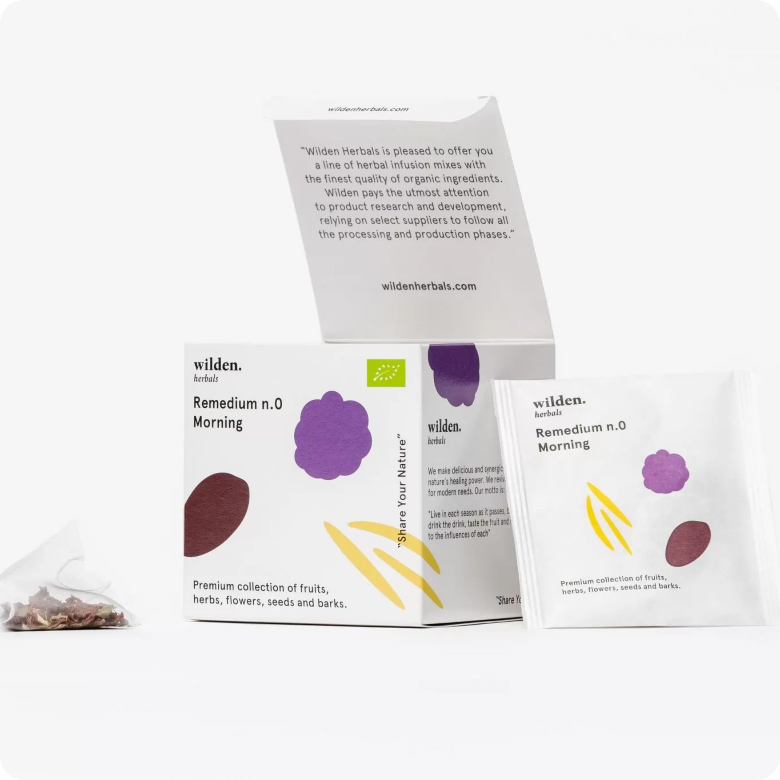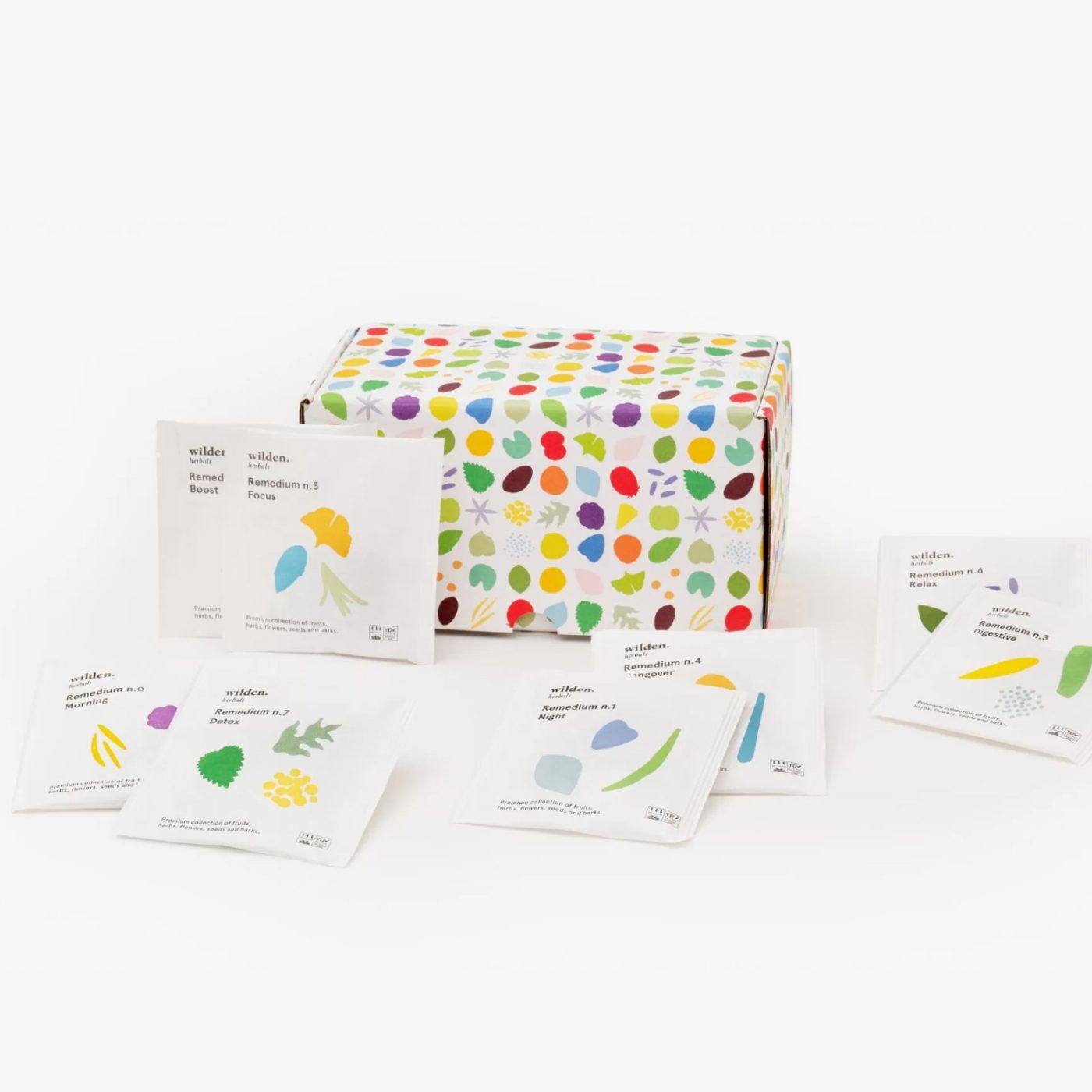Cystitis and urinary tract infections: what they are and how to treat them with medicinal plants
Urinary tract infections and cystitis are quite common in women. A great way to treat them are herbal remedies.
Urinary tract infections affect women (and to a lesser extent men) worldwide and are responsible for 20 percent of antibiotics prescribed in pharmacies. They are the second most common infections after respiratory tract infections (colds and flu). In this article we will address several issues: how to prevent them by improving some habits but also how to treat them naturally without resorting to antibiotics.
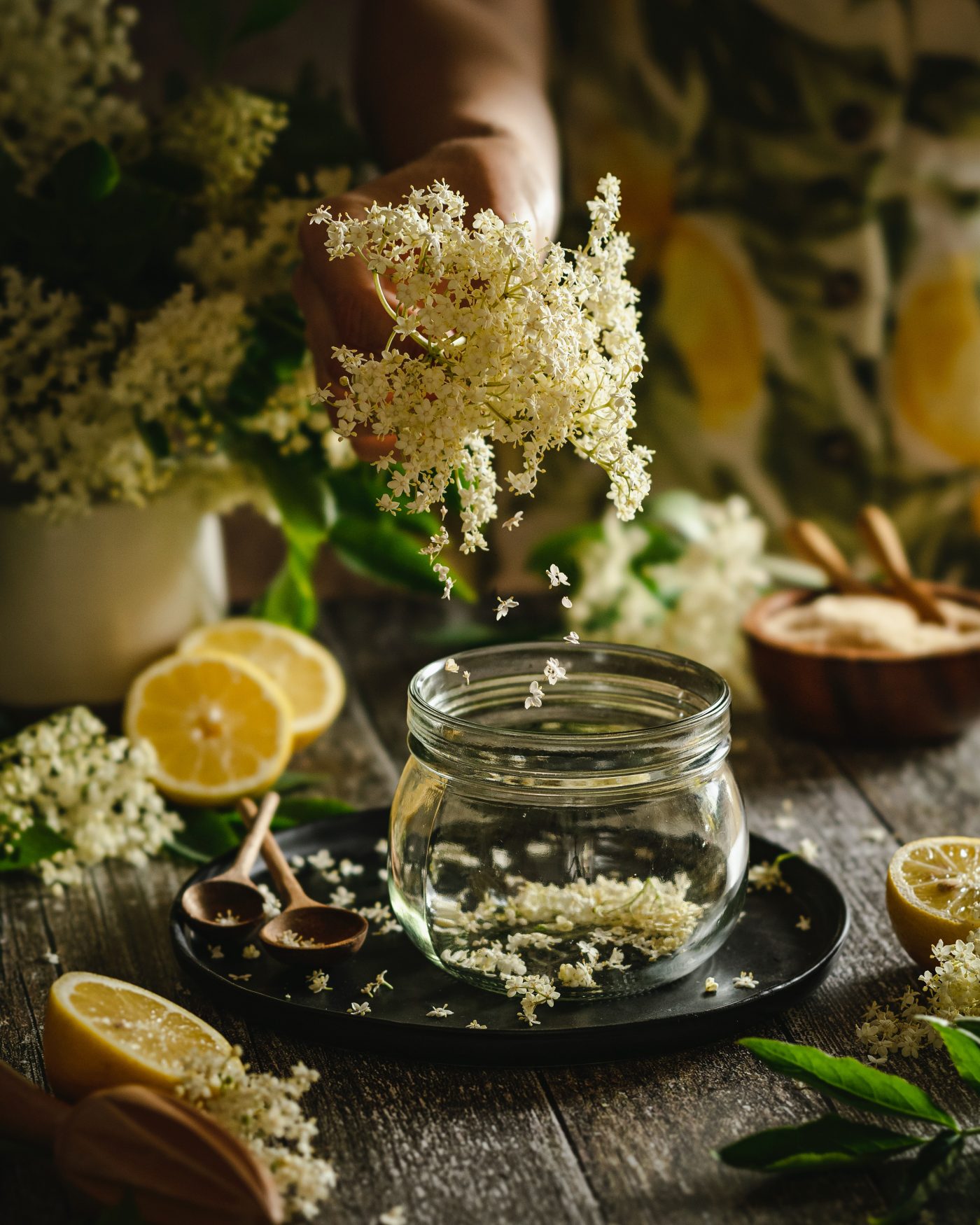
Urinary tract infections and cystitis: what they are and causes
Urinary tract infections are infections that occur when bacteria from the skin or rectal tract pass through the urethra and multiply in the urinary tract. One of the most common bacteria is E. coli.
Let’s try to clarify with a little anatomy lesson.
The urinary tract includes:
- Kidneys: where urine is formed
- Ureters: the ducts that carry urine from the kidneys to the bladder
- Bladder: where urine is collected
- Urethra: the duct that carries urine from the bladder to the outside.
Infections can occur anywhere in the urinary tract. The most common are those of the lower urinary tract: bladder (cystitis) and urethra (urethritis), with the suffix -itis indicating ongoing inflammation.
Urinary tract infections are more common in women than men because of an anatomical issue: the urethra is generally closer to the rectum in a woman’s body, making it easier for bacteria to colonize in the urinary tract.
What are the most common symptoms of cystitis
- Sensation of pressure and pain in the pelvic area
- Urge and urgency to urinate
- Burning to urinate
- Frequent but small amounts of urination
- Urine with strong odor
- Blood in urine
- Turbid urine
When to consult a physician:
- Fever
- Lower back pain
- Nausea or vomiting
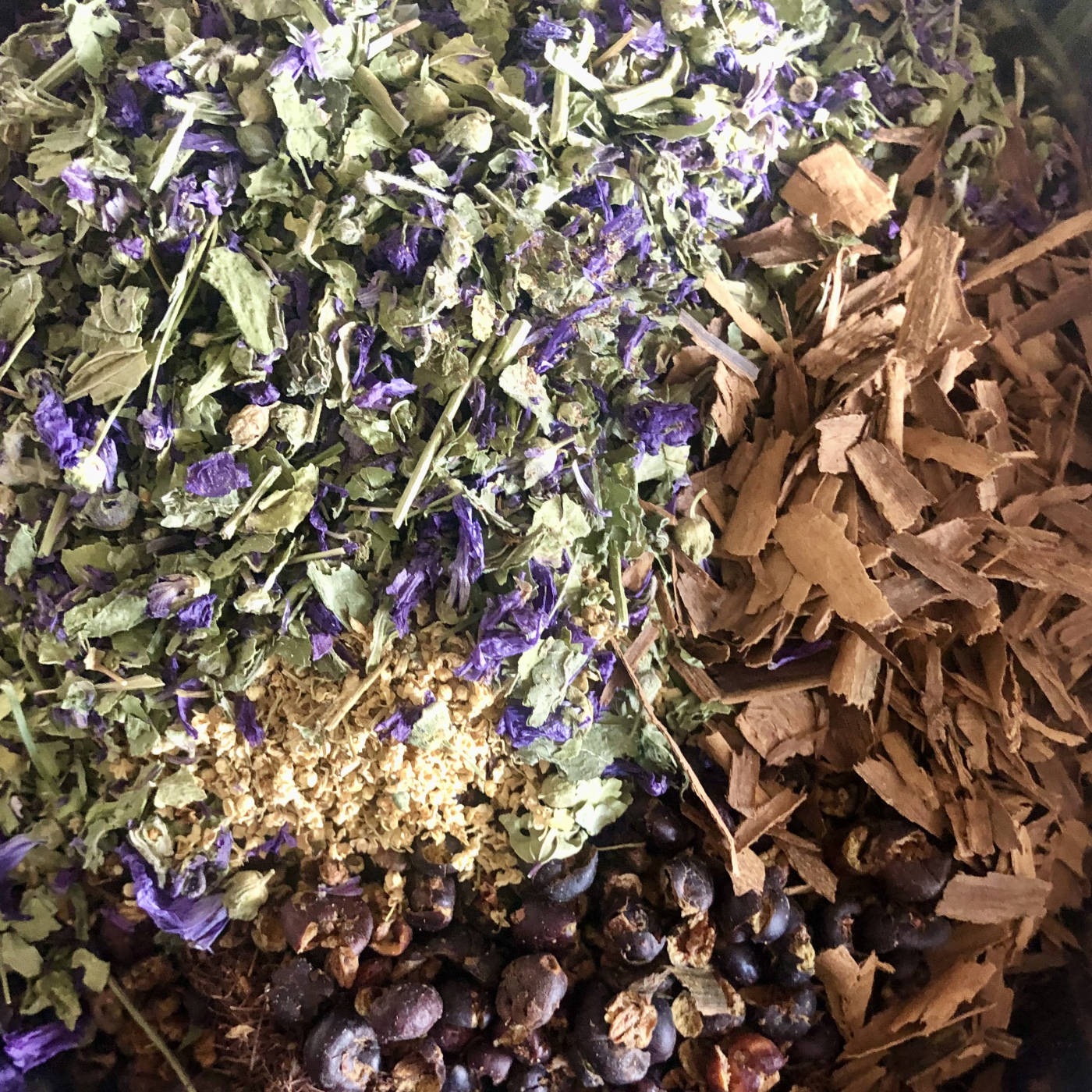
How to treat urinary tract infections
Antibiotics are usually the first choice to treat these infections. This means that sometimes antibiotics are prescribed without a real need and can lead to other infections or complications (alteration of good bacterial flora, candida infections, antimicrobial resistance).
An alternative strategy is to intervene and treat the symptoms and if this does not work, then only then switch to antibiotics. Uncomplicated urinary tract infections can be resolved in 3-5 days with appropriate treatment.
How to treat cystitis
- Use herbal and medicinal plant remedies and probiotics-they are great for restoring vaginal flora
- Drink plenty of water, green tea or cranberry juice
- Avoid drinking coffee, alcohol and carbonated drinks that can irritate the bladder
- Potassium salts reduce pain during urination
How to prevent urinary tract infections
- Drink plenty of water and fluids: they will help dilute the bacteria in your urine and get rid of them
- Wipe in a front-to-back motion, not the other way around
- Pee having had sex
- Don’t keep a wet costume on for a long time
- Avoid irritating products (deodorants, sprays and powders) and hygiene products that can alter your normal bacterial flora and help the colonization of bad bacteria
- Change contraceptive method: diaphragms and condoms with spermicides may contribute to increased bacteria
- Vitamins A and C are great allies in preventing these types of infections.
Natural remedies based on medicinal plants against cystitis
Medicinal plants are rich in bioactive compounds that help fight urinary tract infections with fewer contraindications and side effects.
L’azione diuretica dell’ortica (Urtica dioica) e del sambuco (Sambucus nigra) aumentano la quantità di urina e aiutano a liberarsi dei batteri. Piante antisettiche come l’uva ursina (Arctostaphylos uva ursi), il ginepro (Juniperus) e la cannella (Cinnamomum verum) contengono composti chimici antimicrobici in grado di annullare i batteri. La coda cavallina (Equisetum arvense), il ribes (Ribes nigrum) e la malva (Malva sylvestris) hanno un’azione antinfiammatoria e purificante. E infine la seta di mais (Zea mays) aiuta a ridurre i sintomi delle infezioni e il dolore, risposta del sistema immunitario, con un’azione antispasmodica.
Il team di Wilden ha analizzato e studiato queste piante officinali per creare un rimedio naturale per la cistite. Bere la nostra infusione delicata aiuta a prevenire e trattare le infezioni del tratto urinario senza complicazioni, oltre a offrire un’esperienza molto piacevole. Dal gusto dolce (grazie al sambuco) e speziato (cannella e ginepro), questa tisana può essere bevuta in qualsiasi momento della giornata.
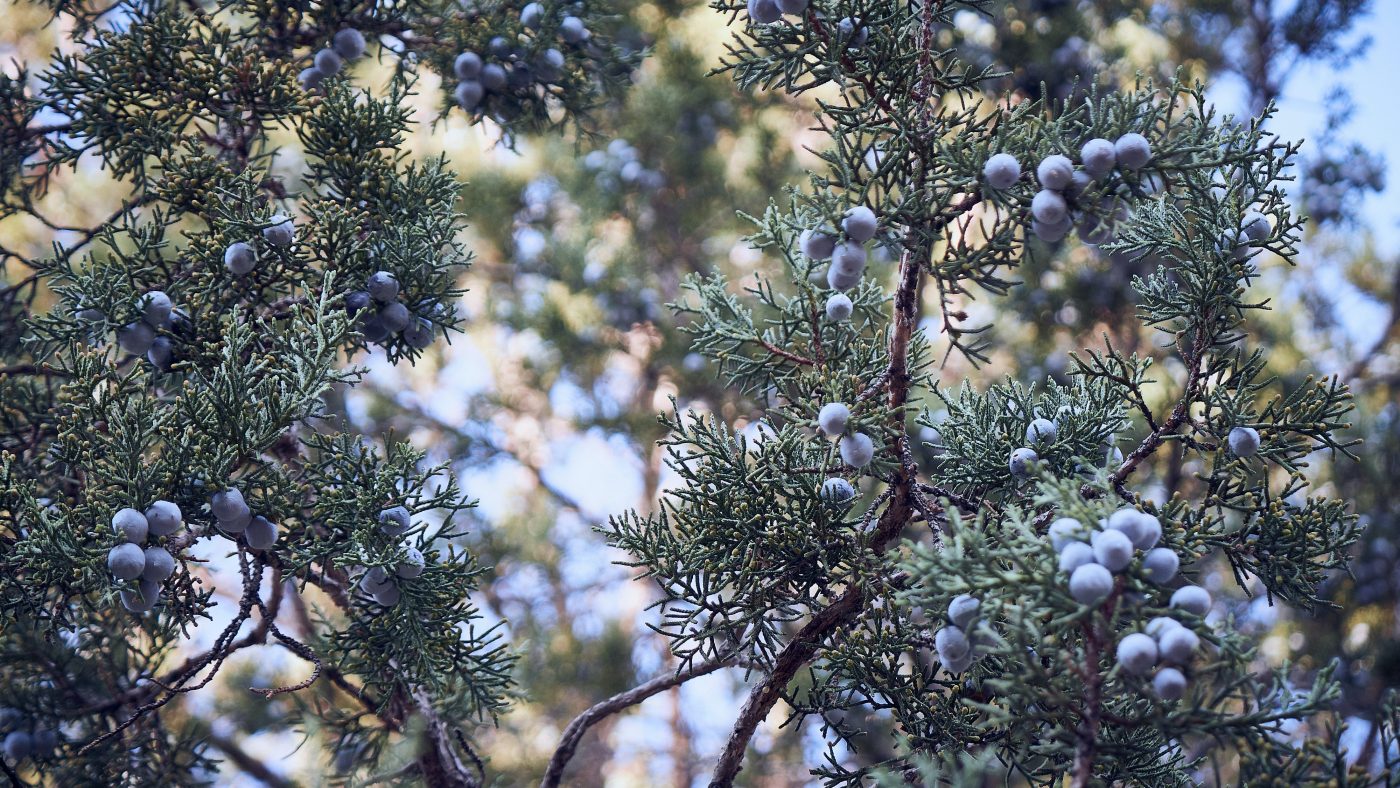
Bibliography
- CDC. Urinary bladder infection. https://www.cdc.gov/antibiotic-use/uti.html#:~:text=What%20is%20a%20urinary%20tract,a%20bladder%20infection%20(cystitis). Accessed 19/10/2022.
- Mayo clinic. UTI. https://www.mayoclinic.org/diseases-conditions/urinary-tract-infection/symptoms-causes/syc-20353447 Accessed 19/10/2022
- Das, Sarita. “Natural therapeutics for urinary tract infections-a review.” Future journal of pharmaceutical sciences vol. 6.1 (2020): 64. doi:10.1186/s43094-020-00086-2
- Foxman, Betsy, and Miatta Buxton. “Alternative approaches to conventional treatment of acute uncomplicated urinary tract infection in women.” Current infectious disease reports vol. 15.2 (2013): 124-9. doi:10.1007/s11908-013-0317-5


